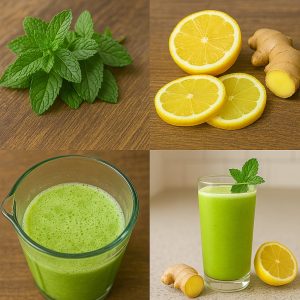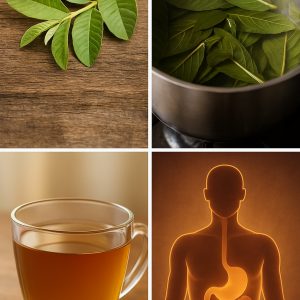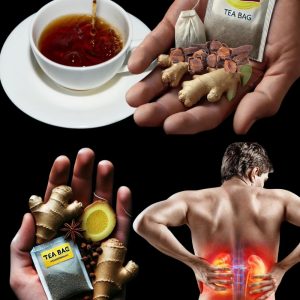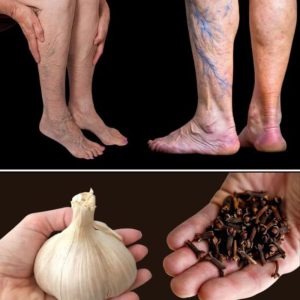Unlock the Benefits of Hibiscus Tea for Heart Health
Hibiscus tea is more than just a vibrant, tangy beverage—it’s a powerhouse of health benefits, particularly for your heart. Made from the dried flowers of the hibiscus plant, this tea is packed with vitamin C, minerals, and potent antioxidants like anthocyanins. These compounds are renowned for their ability to promote cardiovascular wellness by lowering inflammation and supporting healthy cholesterol levels. Adding just one cup of hibiscus tea to your daily routine can provide surprising benefits for your overall heart health.
Lower Blood Pressure Naturally
Hibiscus tea has been extensively studied for its ability to reduce high blood pressure, a leading risk factor for heart disease and blood clots. The bioactive compounds in hibiscus help relax blood vessels, improving blood flow and reducing strain on the heart. Regular consumption of this tea can be a natural and effective way to manage blood pressure, making it an essential addition to a heart-healthy lifestyle.
Cholesterol Support and Antioxidant Power
This remarkable tea also supports healthier cholesterol levels by lowering LDL (bad cholesterol) while boosting HDL (good cholesterol). Its rich antioxidant profile helps combat oxidative stress and inflammation, conditions that can trigger blood clot formation and other cardiovascular issues. These properties make hibiscus tea a simple yet powerful way to protect your heart from daily wear and tear.
Simple to Prepare, Easy to Enjoy
Preparing hibiscus tea is as easy as it is rewarding. Steep 1–2 tablespoons of dried hibiscus flowers or a tea bag in boiling water for 5–10 minutes, then enjoy its bold, tart flavor. Sweeten with a touch of honey if desired, or savor it as is. Drinking one cup daily, especially between meals, allows you to maximize its health benefits. However, if you’re pregnant, breastfeeding, or taking medications for blood pressure, consult your healthcare provider before adding this tea to your diet.





